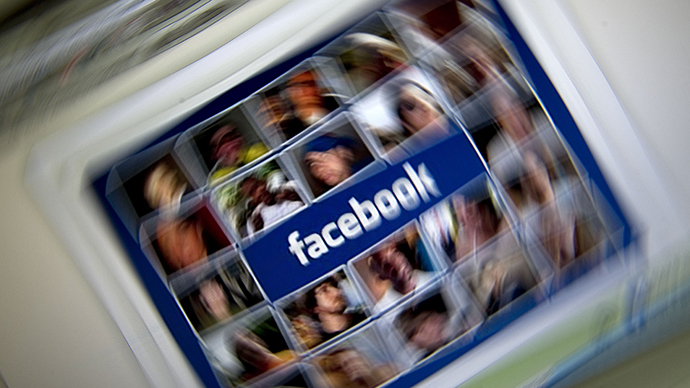Your stress is my stress: Social media spreads anxiety – report

Examining family members’ Facebook posts or scouring through friends’ Instagram photos can increase awareness of their life stresses, which, in turn, can heighten one’s own anxiety, according to a new survey.
Overall, Pew Research Center’s latest study of stress based on internet, social media, email, and phone usage found that users of these digital technologies don’t show higher levels of stress than non-users.
Yet, somewhat paradoxically, the survey found that social media users tend to be more aware of stressful events in the lives of others, especially family and friends, which can easily translate into anxiety in their own lives.
“Awareness of stressful events in others’ lives is a significant contributor to people’s own stress,” Pew wrote. “It is the only factor that we found that is common to both social media use and psychological stress. The number of undesirable events associated with stress is greater for women than for men.”

How the social media user handles this awareness helps explain why digital technology users don’t necessarily exhibit more stress than non-users, but can still be affected by the ramifications of increased insight or knowledge, called the“cost of caring” by Pew.
“How can it be that social media use is not directly associated with stress, but for some, social media use can still lead to higher levels of stress?” Pew asked.
“The answer: The relationship between stress and social media use is indirect. It is the social uses of digital technologies, and the way they increase awareness of distressing events in others’ lives, that explains how the use of social media can result in users feeling more stress.”

While use of digital technologies was found to ease overall stress in women compared to that of non-users, the survey found that women are impacted by the “cost of caring” phenomenon more than men.
To measure awareness of others' stress, Pew asked its 1,801 American survey respondents to report if they knew of “any of a list of 12 stressful events had happened to someone close to them, an acquaintance, or both in the past year.” The list of possible events included hospitalization, death in the family, divorce or marriage, being fired/laid off, being accused of a crime, starting a job, demotion/pay cut, being a victim of a crime, having a child move away or return home, pregnancy or child birth, and moving to a new house.
READ MORE:Will your boss 'like' it? New Facebook app allows users to stay tuned at work
Pew found that, on average, women were aware of seven percent more of such events than men, while reporting higher levels of stress based on that awareness.
Pew also found that social networks contributed to varying levels of awareness of events in others' lives. Facebook showed to be "the one technology that for both men and women provides higher levels of awareness of stressful events taking place in the lives of both close and more distant acquaintances."

Pew summed up its findings saying that social media use can contribute to a kind of information deluge that can impact users negatively.
“This study suggests that the information transferred through social media translates into awareness of all kinds of extra things, including an awareness of undesirable events in the lives of family, friends and acquaintances,” Pew wrote. “Whether as a result of social media, or more traditional forms of interaction, awareness of undesirable events in others’ lives generates a cost in terms of increasing psychological stress, and with it, higher risk for the physical and psychological problems that often accompany stress.”











